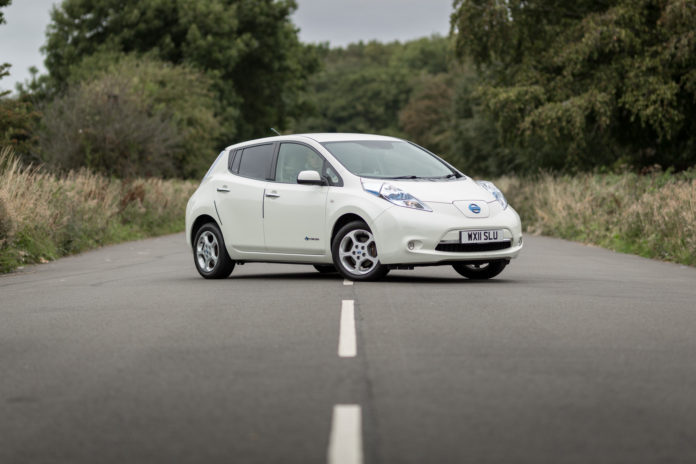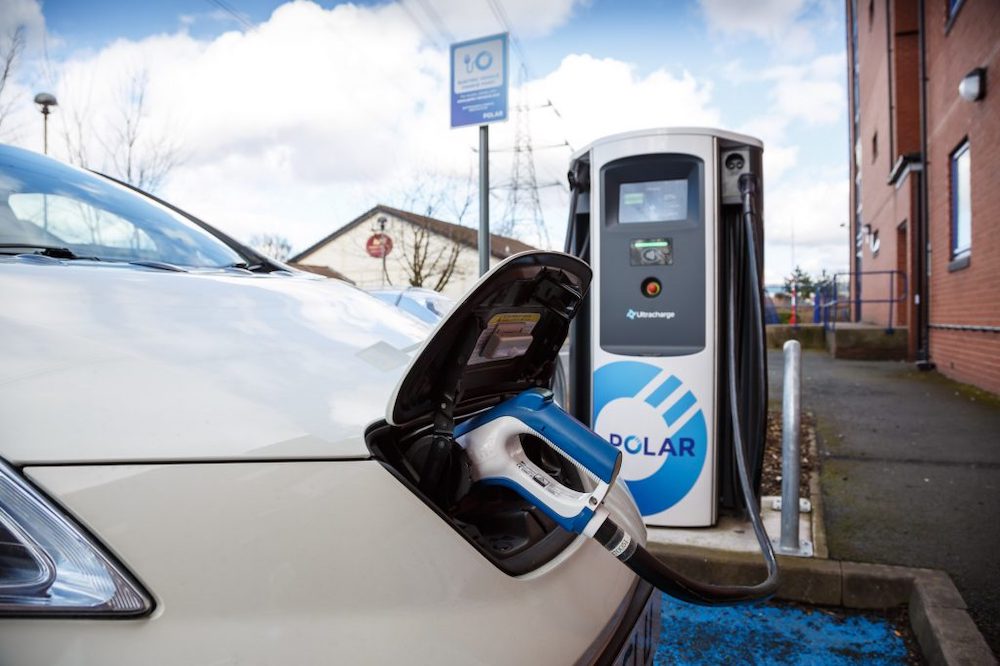More and more individuals are becoming conscious of the environmental impacts of their activities. For instance, fuel-powered vehicles contribute to the harmful emission of air pollution and greenhouse gases, consequently destroying the environment.
Experts like automotive engineers are considering alternatives to reduce the impact of vehicles on the environment. Innovations like electric vehicles (EVs) are one of the sustainable solutions they have developed.
If you’re interested in owning one, here’s a helpful guide to help you navigate the process of buying your first EV.
Understanding Electric Vehicles
Rather than relying on fuel like petrol and diesel, electric vehicles are powered by batteries that can be charged through an external source. Electric vehicles are considered more sustainable and cheaper alternatives to fuel-powered vehicles, factoring in their price and the cost of electricity needed to recharge them in their entire lifespan.
Like traditional vehicles, you can acquire EVs through auto loans. According to an explanation from CreditNinja.com, a reputable financial institution, obtaining an auto loan for an electric vehicle is a viable option for many consumers.
These electric vehicles can be charged through home chargers or public charging stations. They receive energy from sources and fill the battery with energy, enabling vehicles to run without fuel.
Types Of Electric Vehicles
There are various types of electric vehicles to consider. Let’s explore each of them on our list below.
- Battery Electric Vehicles (BEV)
These types of EVs solely rely on battery packs to operate. Because they don’t use any kind of fuel to work, they don’t also emit harmful tailpipe emissions.
- Hybrid Electric Vehicles (HEV)
HEVs have internal combustion engines that require supplementary energy from a small battery pack. They primarily rely on gas to run, so they don’t need electric power. Nonetheless, HEVs use high-efficiency, lower-power gasoline engines, making them more efficient in maximizing fuel economy.
- Plug-In Hybrid Vehicles (PHEV)
PHEVs have both internal combustion engines and electric traction motors. They mainly operate on electricity, but you can shift to a gas fuel source if you run out of energy while driving.
Advantages Of Electric Vehicles
If you’re still on the fence, consider these factors to help you decide.
- Sustainable
EVs have no tailpipe, meaning they don’t emit harmful gases that contribute to air pollution on our planet.
- Cost-Efficient
EVs promise low to no vehicle tax, saving you money as an owner. Also, they don’t require oil changes, and most of them have fewer moving parts to maintain and repair, making them a cheaper option than traditional vehicles.
- Better Driving Experience
Regenerative braking and more responsive acceleration are two of the most attractive features of EVs. With these types of vehicles, you can enjoy better handling, safety, and security owing to its low center of gravity.
- Less Noise
Compared to diesel and petrol vehicles, EVs produce less noise. These vehicles are so soundless that the law has required manufacturers to add Acoustic Vehicle Alert System (AVAS) in these vehicles so they can produce sound when traveling below 12 mph.
Choosing The Right Electric Vehicle
When buying your first-ever electric vehicle, look into the following essential factors-
- Range and Battery Capacity
You must know how far your car can travel when fully charged. This way, you can estimate how often you should charge and what distance you can confidently travel every day.
- Charging Infrastructure and Availability
Of course, you must consider having a charging option at home. It would guarantee a fully-charged vehicle every time you leave the house for work. It’s best to install this charging station in your home parking space.
You should also check out the charger’s charging speed. Typically, new EVs come with a Level 1 charger that takes at least 10 hours to charge fully. You can upgrade to a Level 2 charger, but you should also shift to a 240-volt power source from a 120-volt connection for that.
- Performance and Driving Experience
EVs offer superior driving experience compared to gas-fueled counterparts. However, not all EVs are built the same. You can check their capacities through professional dynamometer testing so you will know what to expect in terms of performance and driving experience.
- Costs and Incentives
The starting prices of EVs widely differ, depending on brand and features. You should also know that buying EVs comes with an incentive. You can get a $7,500 tax credit if you buy one today. The Inflation Reduction Act that provided this incentive was passed in August 2022.
Conclusion
As the world moves forward to a highly technology-dependent era, we must be more concerned about its environmental repercussions.
Traditional vehicles are significant contributors to many kinds of pollution that destroys the planet. That’s why picking a more sustainable option is a must. With EVs, we can stop further environmental degeneration and become more responsible human beings.















